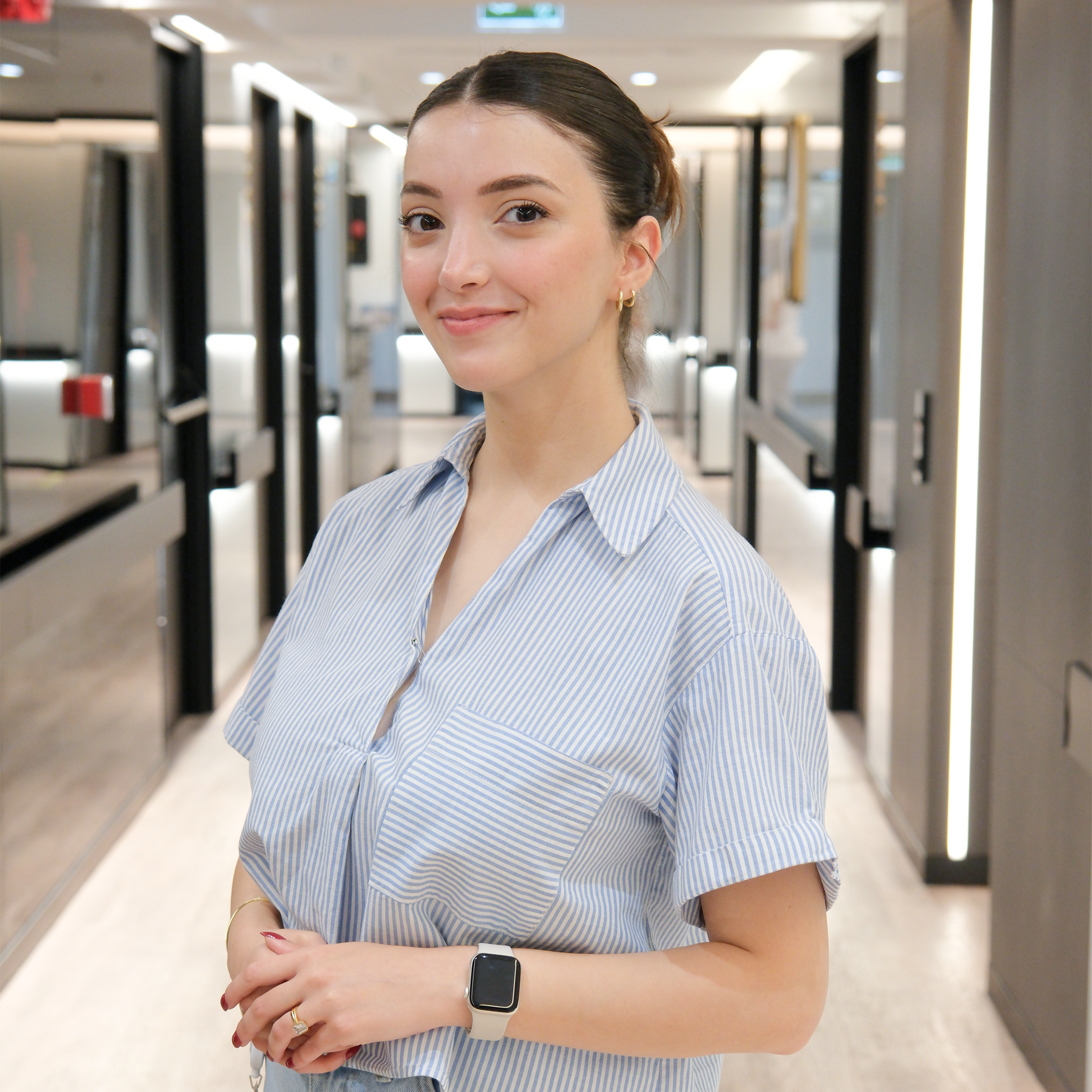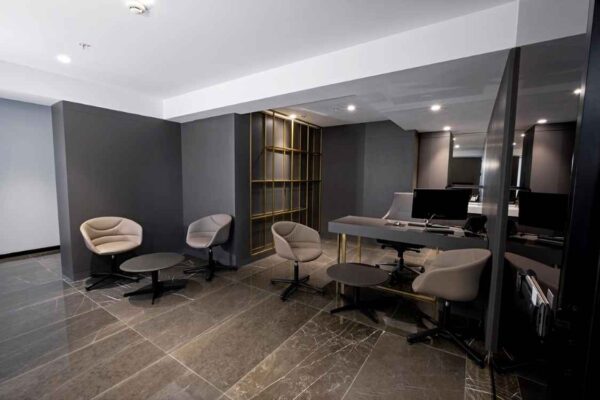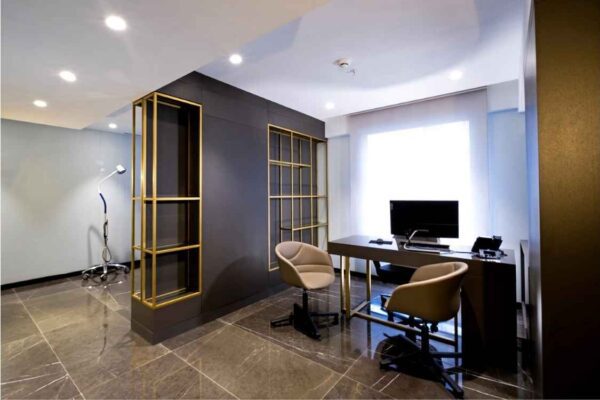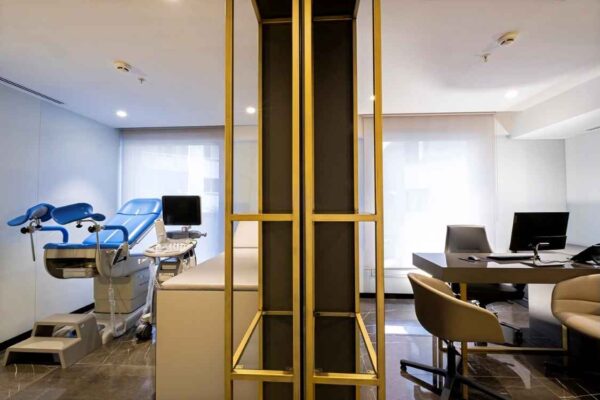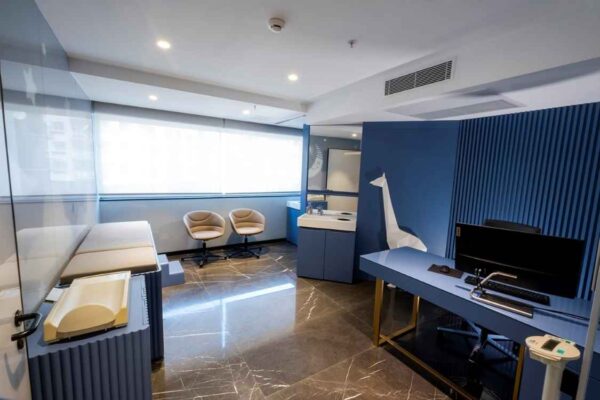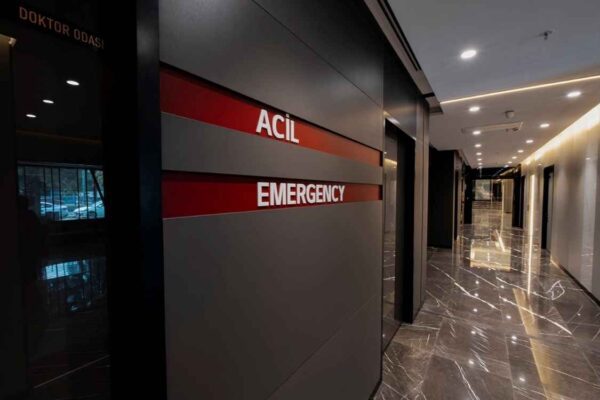Millions of people have allergic conjunctivitis, a common eye ailment characterized by eye redness, irritation, and tearing, as a result of being exposed to allergens. It is crucial to monitor and manage the condition in order to minimize symptoms and improve the quality of life for people who suffer from allergic conjunctivitis.
In recent years, more people in Turkey have sought treatment for eye conditions, particularly allergic conjunctivitis. This essay addresses the treatments for allergic conjunctivitis that are offered in Turkey, as well as the quality, effectiveness, cost in comparison to other countries, and degree to which the healthcare system complies with European norms.
Causes of Allergic Conjunctivitis
Understanding the underlying causes of allergic conjunctivitis is crucial before contemplating any therapy. Exposure to allergens, including pollen, dust mites, pet dander, or specific chemicals, is the main cause of allergic conjunctivitis. When the immune system responds to some allergens by producing histamines, the transparent, thin membrane that lines the inner surface of the eyelids and the white portion of the eye becomes inflamed. An allergic reaction frequently includes the symptoms of itching, redness, and eye tears.
Doctors Of Turkish Medicine
Turkey is a well-liked option for those looking for treatment for allergic conjunctivitis because of its established medical tourism industry and robust healthcare infrastructure. There are numerous various medical options available in Turkey, some of which include the following:
Medication: Turkish healthcare facilities offer a wide range of medications to treat allergic conjunctivitis. These include mast cell stabilizers, non-steroidal anti-inflammatory drugs (NSAIDs), and antihistamines. They can all help to alleviate symptoms and reduce inflammation. Many of these medications can be prescribed by Turkish doctors, and many of them are readily available.
Those who experience severe or recurrent allergic conjunctivitis may benefit from allergen immunotherapy. During this therapy, the level of allergen exposure is gradually increased in order to desensitize the patient’s immune system. In Turkish hospitals and clinics, immunotherapy is a long-term approach for treating allergic reactions to lessen their frequency and severity.
Antihistamine and vasoconstrictor eye drops are just two of the several varieties available in Turkey. These drops can assist in quickly reducing eye pain and redness. Pharmacy chains across the country conveniently stock these over-the-counter and prescription eye treatments.
Application and Therapeutic Efficacy
Allergy conjunctivitis is successfully treated in Turkey, generally in accordance with international norms. To stay up to date on the most recent ophthalmic treatments and research, Turkish medical professionals typically participate in continuing medical education. Patients can anticipate a thorough review of their issue in order to determine the best course of treatment, which may require allergy testing if necessary.
In addition, many hospitals in Turkey, particularly those in major cities like Istanbul, Ankara, and Izmir, are furnished with cutting-edge technology and modern conveniences. As a result, patients will receive the greatest care and treatment attainable. You can check the link below.
Comparison to European Standards
A significant consideration is how closely the Turkish healthcare system corresponds to European quality standards. Turkey has been attempting to bring its healthcare system up to par with international standards in order to attract medical tourists and guarantee patient safety. The Joint Commission International (JCI), a group that evaluates healthcare facilities using strict standards for excellence, has accredited numerous healthcare facilities in Turkey.
It’s significant to remember that healthcare institutions’ quality can differ. Smaller clinics in rural locations could be underequipped and inexperienced in comparison to large urban hospitals that maintain high standards. People seeking treatment for allergic conjunctivitis in Turkey should carefully choose their healthcare provider to ensure they receive treatment at a reputable hospital.You can check the link below
Medical Schools and Treatment Costs
Even though Turkey’s healthcare system has made significant strides, there are still a number of concerns to consider when evaluating the nation’s capacity to handle allergic conjunctivitis:
For foreign patients seeking medical care in Turkey, language barriers may occur. Even though the majority of healthcare workers speak English as their primary language, communication problems brought on by language hurdles can lead to inaccurate diagnosis and poor treatments.
Turkish healthcare expenses are lower than those in many Western countries, yet some people may still be worried about how much it will cost to treat allergic conjunctivitis. Make sure the cost of coverage is as low as possible by conducting some research and comparing prices from other healthcare providers.
The quality of Turkish healthcare facilities varies, as was previously shown. Before choosing a healthcare expert who can suit their specific needs, patients should do their research.
Conclusion
Turkey is a suitable alternative for patients looking for therapy for allergic conjunctivitis due to its sophisticated healthcare system, competent medical staff, and adherence to international quality standards. The country offers a variety of treatment options, including medication, immunotherapy, and eye drops, to meet the individual needs of patients.
Nevertheless, it is crucial to understand that there are variations in the standard of healthcare in Turkey, therefore patients should use caution while selecting healthcare professionals. Language and financial constraints could cause problems for foreign patients.
Despite the wide range of allergic conjunctivitis treatments available in Turkey, patients should do their research, consider their particular medical needs, and choose healthcare facilities that meet their expectations for quality and cost. This enables people to get effective treatment for allergic conjunctivitis in Turkey and make informed decisions.
FAQs
The local currency of the Republic of Turkey is the Turkish Lira. Our patients can convert their cash from exchange offices to Turkish Lira.
Our patients can withdraw money in Turkish Lira, Euro and Dollar through ATMs in Turkey. You can easily withdraw money with foreign language options available at ATMs.
Foreigners can use their own vehicles with the obligation to carry their own driver's license, vehicle license and passport with them. Vehicles are driven on the right side of the road in Turkey.
The sockets in Turkey are dual like the sockets used in Europe.
If you have your phone line open for use abroad before coming to Turkey, you can use your own operator as well as local GSM operators.
Our Team
Our Hospital
Atilla, Halide Edip Adıvar St.
No:57, 35270 Konak/İzmir










